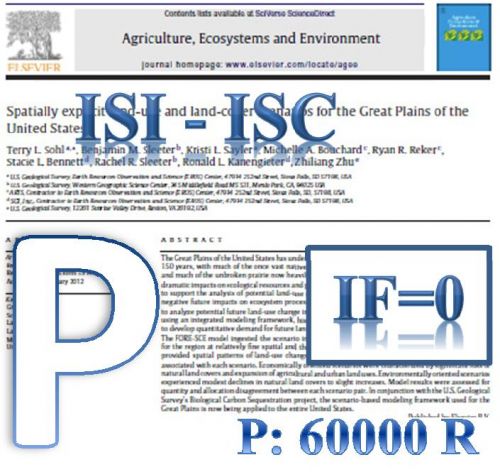Background: Nurses are an important part of the health system, thus it is essential to evaluate the quality of their working life. Based on various studies, positive religious coping has positive consequences such as higher self-esteem and better quality of life. Objectives: The present study aimed to determine the association between religious coping and quality of work life among nurses during year 2015. Materials and Methods: This cross-sectional study was conducted on 285 nurses of four training-therapeutic hospitals (who were selected with the multi-stage sampling method) of Sari city. Data collection tools consisted of a 31-item standard questionnaire of religious coping and Walton’s standard questionnaire of quality of working life that included 32 items. Data were analyzed by SPSS 16 using descriptive (mean and SD) and inferential statistics (Pearson and Spearman correlation). Results: Among 285 nurses, 70 (24.6%) were male and 215 (74.4%) were female with an average age of 33 (SD = 6.95; 95%CI: 32.19 - 33.81) years. The mean and standard deviation of religious coping and quality of work life for nurses were 101 ± 16.798 and 85.57 ± 16.769, respectively. Based on statistical test of Pearson correlation, a direct and significant relationship was found between variables of religious coping behaviors and quality of working life of nurses (r = 0.387, P < 0.001). Conclusions: The results revealed that there was a significant association between religious coping and quality of life of nurses, and it seemed that by making efforts to improve the quality of religious coping in this group and by frequent training sessions, the quality of life of nurses can be improved.
کلید واژگان :Health Promotion; Nurse; Quality of Working Life; Religious Coping
ارزش ریالی : 600000 ریال
با پرداخت الکترونیک
جزئیات مقاله
- کد شناسه : 2148429952678032
- سال انتشار : 2016
- نوع مقاله : پذیرفته شده در مجلات Scopus ,ISI, با IF=0
- زبان : انگلیسی
- محل پذیرش : Iranian Journal of Psychiatry and Behavioral Sciences
- برگزار کنندگان :
- ISSN :
- تاریخ ثبت : 1395/10/24 12:55:26
- ثبت کننده : امیر حسین گودرزیان
- تعداد بازدید : 194
- تعداد فروش : 0
